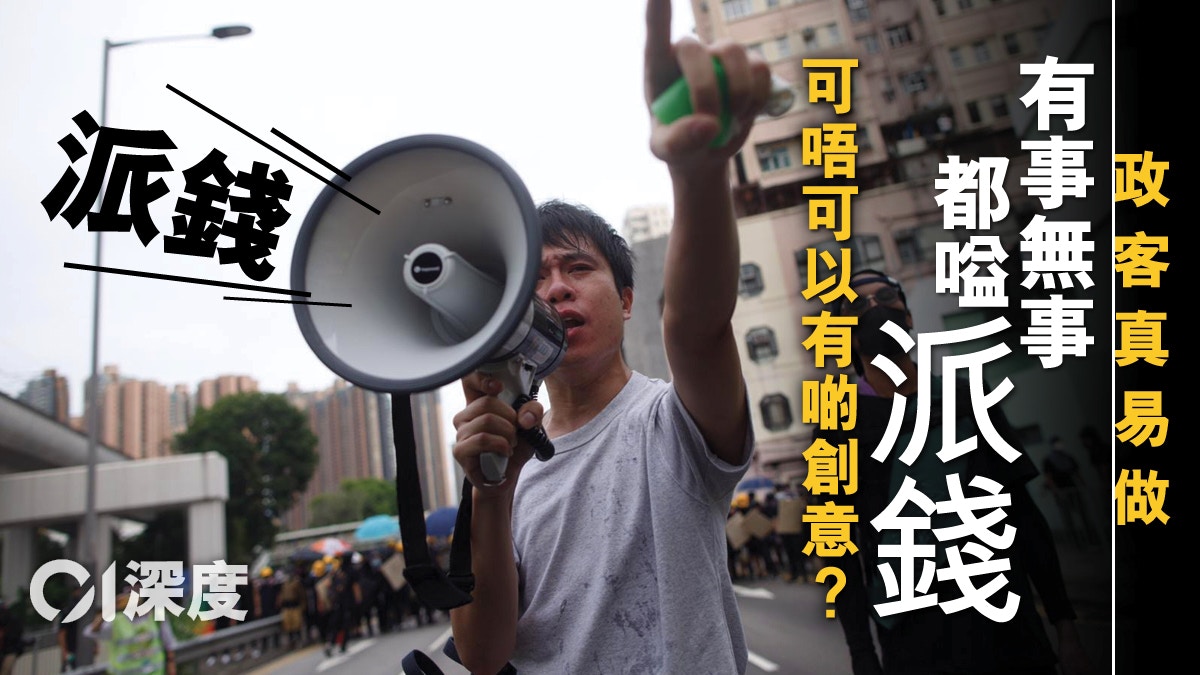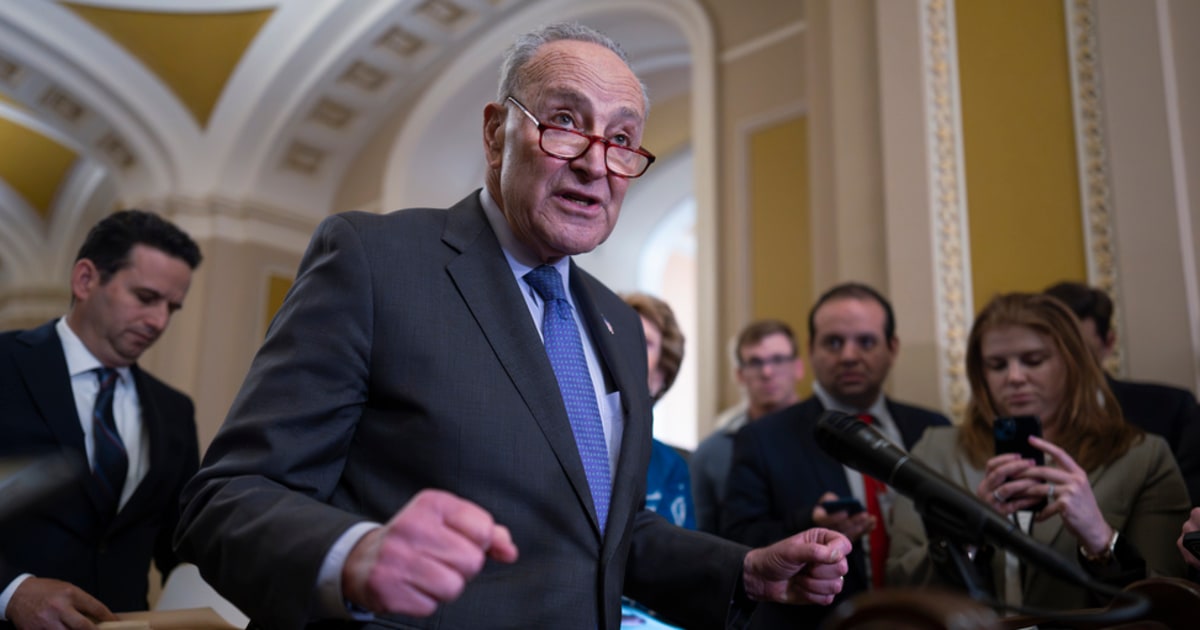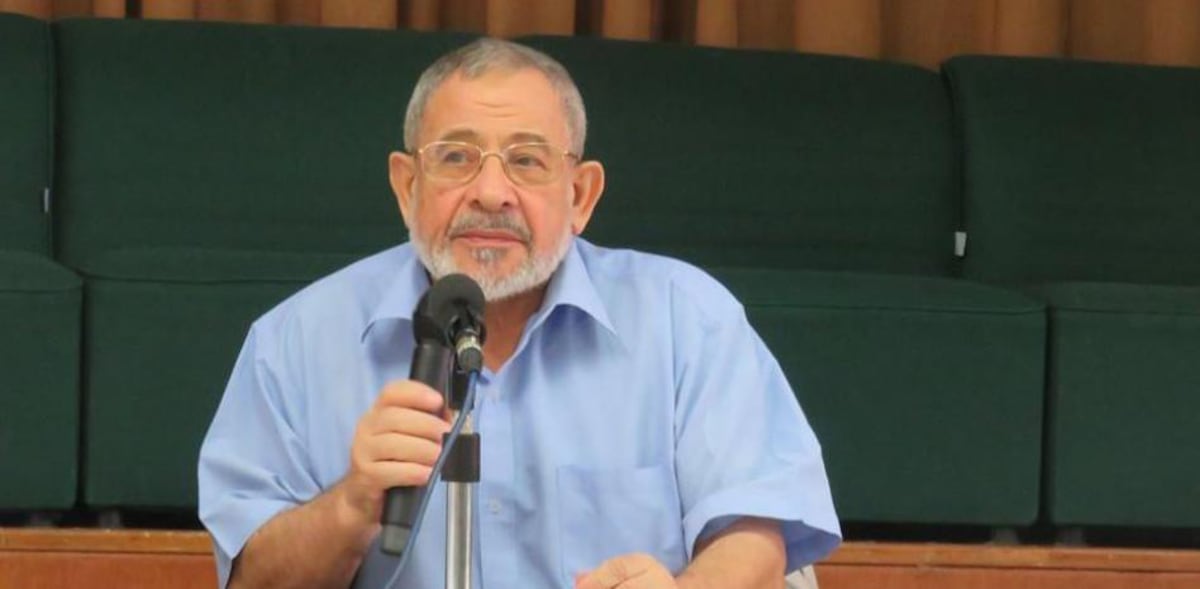weekly
Written by: Huang Shunyang
2021-01-26 14:28
Last update date: 2021-01-26 14:28
The Financial Secretary, Chen Maobo, will release a new "Budget" on February 24. It is time for all parties and factions to make suggestions.
As in the past, most of the proposals lacked complete economic logic. They either requested the extension of some minor repairs and subsidies, or urged the Hong Kong Government to use 800 billion yuan in fiscal reserves to once again distribute cash to all people.
The most "hard-working" among them is Kuang Junyu, a former non-Democratic Legislative Councilor. Since December 24 last year, he initiated a joint operation of "Urging the Financial Secretary to return 15 thousand people" on his YouTube channel. Tianbian asked the authorities to send money through different issues on social media-the Hong Kong government asked for money when it extended the night market ban on food, and the Hong Kong government asked for money when it was studying the regulation of family gatherings. The same was true when the Hong Kong government discussed the early closure of shopping malls. Asked for money, the latest unemployment rate broke a 16-year high and still asked for money. Until the recent "Jordan closure", Kuang Junyu and his team still asked for money.
This is really touching. It turns out that politicians are easy to do-in order to please voters, they can ignore the unfair distribution of rich and poor, and even turn a blind eye to the deep-seated contradictions of long-standing habits, and just want to spend money for a while.
What else do you know besides sending money?
Kwong Junyu initiated an online co-signature a month ago, and used the topic of "The Government's Inadequate Fighting Against the Epidemic" every three weeks, "Urging the Financial Secretary to return 15 thousand."
His rationale is very simple: First, the new crown pneumonia has hit Hong Kong’s economy and caused a depression in all industries, and "all people’s money" is the most direct way to support the people; second, the SAR government also distributed 10,000 yuan to the people last year, which I believe has accumulated. Relevant experience can save huge administrative costs. Finally, the United States, Macau and other places have also distributed money again recently, and Macau has distributed 100,000 yuan in the past 13 years. This time only the Hong Kong government is required to distribute 15,000 yuan. Handle.
Kwong Chun-yu, a former member of the Democratic Party's Legislative Council, earlier launched "Urging the Financial Secretary to return 15 thousand."
(Screenshot of Kwong Junyu FB)
At first glance, these statements seem reasonable, but after careful consideration, it is not difficult to find that there is no reason at all. First, since Hu Zhiwei was elected chairman of the Democratic Party in 2016, during the consultation period of the "Budget", regardless of Hong Kong In good times and bad times, the Democratic Party will urge the authorities to distribute money; second, administrative costs can indeed be saved through technological means, but when the upper-middle class does not have difficulties in life, they can also receive cash, which in a disguised form makes public money unusable; third If people distribute money, Hong Kong will follow along. Then the 800 billion yuan reserve may not last long. The average person is only 114,000 yuan. Fourth, if the money is distributed, the distribution of resources will be fair and just?
Can the dilemma of income inequality be eliminated?
Can the problem of disparity between the rich and the poor be solved?
In fact, the SAR government has launched three national money distribution plans in 2011, 2018, and 2020, but they have failed to achieve "precise poverty alleviation" and are not in line with "distributive justice", and they are unable to resolve the deep structural contradictions in Hong Kong. .
We have to ask, why do Hong Kong political party elites and politicians only know how to ask the authorities to send money?
In your eyes, in addition to pleasing the voters, do you also see the dire straits of society and your mediocrity?
With money, can resource distribution achieve fairness and justice?
Can the dilemma of income inequality be eliminated?
Can the problem of disparity between the rich and the poor be solved?
(Profile picture / Photo by Luo Junhao)
Disregard for distributive justice
"Hong Kong 01" has long since pointed out that distributing money may be "timely rain", which can alleviate the urgent needs of the grassroots.
But in the long run, it continues the long-standing unequal distribution of resources, which will only continue to deepen the disparity between the rich and the poor, and fail to demonstrate distribution justice.
The so-called "distributive justice" means that the government enables all classes to enjoy the fruits of social and economic development and does not allow any party to become a victim or stepping stone to the success of the other classes. For example, in one-time distribution (that is, distribution according to the principle of market efficiency), Companies provide employees with reasonable wages, and in the secondary distribution, adjust the allocation of social resources through the intervention of policies to ensure the quality of life of different classes.
However, in the face of stagnant industrial development and high cost of living, the Hong Kong government has neither done a good one-time distribution to formulate a more reasonable salary system, nor has it done a secondary distribution to establish a comprehensive, systematic, moderate, fair and effective Social security system.
The most commonly used by the authorities is nothing more than tax and rates concessions.
However, these one-time measures seem to be generous, but in essence they are to make the rich get more, and the grassroots only get a few hundred thousand at most.
If "all people give money", the rich and the poor seem to have equal income, but in fact, because the rich are in a better position than the poor, the rich get richer and the poor poorer in disguise.
According to the Hong Kong Poverty Situation Report 2019, the number of poor people in Hong Kong has reached 1.49 million.
(Profile picture)
Ignore class curing
According to the Hong Kong Poverty Situation Report 2019, the number of poor people in Hong Kong has reached 1.49 million, among which the poverty rate of working households has risen to 8.4%, and the child poverty rate has risen to 17.8%, the highest since 2015.
Some people will attribute the rise in poverty to the double blow of the anti-amendment turmoil and the Sino-US trade war, but the poverty problem in Hong Kong has always been a structural problem that has been accumulated over the years.
The single industry and the consolidation of classes will only make the rising population of poor families lag behind others in terms of living and education resources. At the same time, facing limited development options, it is impossible to achieve the upper class and eventually fall into a cross-generational "poverty cycle."
As the "vote king" among the "super district councillors" in the 2016 Legislative Council general election, Kwong Chun-yu should understand that to truly "bail out the people" must not rely on a one-off "rebate" of tens of thousands of dollars, but from the structure To reverse the dilemma of people’s livelihood, the Hong Kong government must break the development model of relying on the four traditional industries, stimulate new economic growth through emerging industries, create more good jobs for Hong Kong people, and actively use "wealth redistribution" to relieve everyone. The burden of living can truly help the people.
Ignore the industrial vacuum
"Hong Kong 01" has repeatedly pointed out that the industrial structure of Hong Kong has hardly changed in the 23 years since the reunification.
Among them, the "four pillars" as a percentage of gross domestic product (GDP) increased slightly from 56% in 2009 to 56.4% in 2019; and the "six major industries" (cultural and creative industries) proposed by Tsang Yinquan in 2009 , Education, private medical care, testing and certification, environmental protection industry and innovative technology), so far only accounted for less than 10% of GDP.
After the anti-amendment turmoil and the impact of the new crown pneumonia, the vulnerability of the tourism and retail industries as the pillars of Hong Kong’s economy has been fully exposed. It also shows the hardships of hundreds of thousands of low-end service populations engaged in related industries and the imminent industrial reforms. , Is definitely more important than the unjust and unjust distribution of money by the whole people.
Although the "all people back to water" policy initiative can win the support of the citizens, promising politicians must not be led by populists.
When the government fails to do a good job in "wealth redistribution," and politicians who are highly praised by the public only know how to use this "rain and dew" method to please voters. In fact, it will only deepen conflicts and create class conflicts, and there is no way to solve Hong Kong's problems. key problem.
More "Hong Kong 01" in-depth report articles:
[Financial Budget.
Depth] Waiting for a "money distribution artifact"-"Timely Rain" delayed deadlock
[Financial Budget.
In-depth] The key to sending money and sugar depends on the three "mysterious numbers"
[Financial Budget.
In-depth] An article on the level of "distribution" methods in Hong Kong, Macao and Singapore
[Financial Budget.
In-depth] Treasury "distributes money to all people" again?
Know how to send, sure to send!
【pneumonia.
In-depth] Unpaid leave and 20% off food kill the two major deaths that the Anti-epidemic Fund cannot save
In-depth report on Panmin Kwong Chunyu's budget and Hong Kong economy








